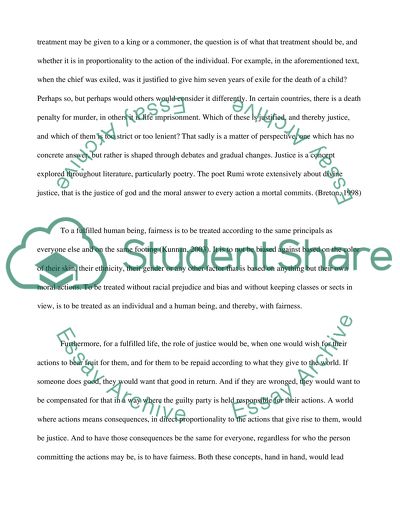Cite this document
(“What is justice Essay Example | Topics and Well Written Essays - 1250 words”, n.d.)
Retrieved from https://studentshare.org/literature/1429016-what-is-justice
Retrieved from https://studentshare.org/literature/1429016-what-is-justice
(What Is Justice Essay Example | Topics and Well Written Essays - 1250 Words)
https://studentshare.org/literature/1429016-what-is-justice.
https://studentshare.org/literature/1429016-what-is-justice.
“What Is Justice Essay Example | Topics and Well Written Essays - 1250 Words”, n.d. https://studentshare.org/literature/1429016-what-is-justice.


